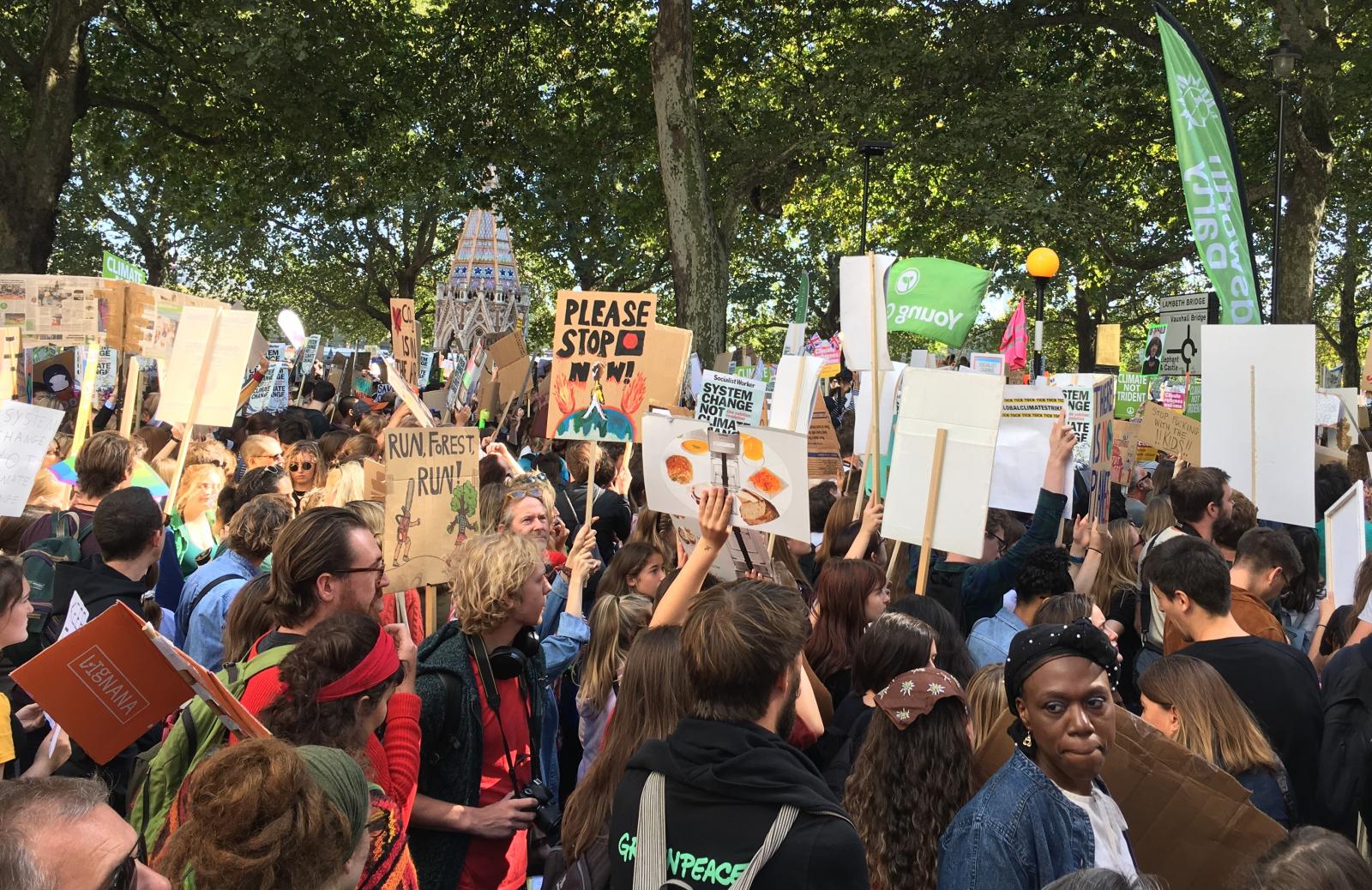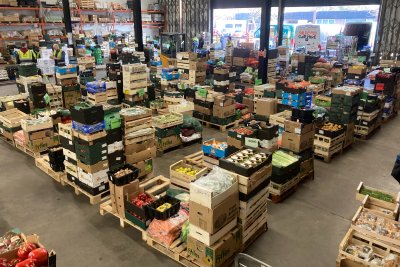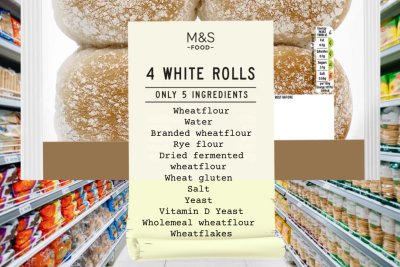 Climate community protest. Credit: James Woodward
Climate community protest. Credit: James Woodward
As if that wasn’t already bad enough – how intensive farms fuel environmental injustice
In this guest blog, Katerina Gladkova discusses the issues of environmental injustice surrounding the expansion of intensive farming, looking at the lack of local community involvement in decision-making and how intensive farming disproportionally affects minority and low-income communities.
Over a year now, we have been living through the COVID-19 pandemic. This disastrous event has already revealed a myriad of existing flaws in our economic, political and social structures, and even more may be discovered in the future. The pandemic has also drawn our attention to the global food system and, inevitably, brought up the question of industrial animal agriculture. Industrial farming has been identified as the principal driver of zoonotic diseases (such as SARS-CoV-2, the strain of coronavirus that causes COVID-19) and subjected to intense criticism.
But as we know, the controversy around industrial farming does not stop at its contribution to infectious diseases. Industrial farming exacerbates climate change, is based on a degrading treatment of animals, and has profound implications for the environment and human health. For these reasons, industrial farming has long been on the radar of environmental justice scholars. They have been considering how air, water and soil pollution from expanding industrial farming disproportionally affects minority and low-income communities.
In their research, they examine the issue of the distribution of harms from industrial farming, otherwise known as distributive environmental justice. Yet, what is less discussed is how industrial farms appear in both minority and non-minority communities in the first place. This brings up the notion of procedural environmental justice. Procedural justice concerns the fairness of the decision-making process and has its roots in the literature on public engagement. To put it simply, for a decision-making procedure to be just, it is suggested that participants should have the opportunity to listen and be heard, have their contributions to the decision-making process respected, valued and considered, and have the chance to influence the scope of issues covered during the decision-making process.
Multiple studies report that individuals and communities have contested large industrial farms and their expansion, bringing up concerns about water contamination, odours, property values and road deterioration. Yet, there is an interesting paradox. On the one hand, environmental decision-making is becoming increasingly democratised and it is suggested that public engagement contributes to sustainable development. On the other hand, in some cases it does not live up to the principles of procedural justice, which hollows out the ambition of democratisation and sustainable development.
For instance, in the US, communities advocating against industrial pig farming expansion noted shortcomings in public participation in environmental decision-making regarding new farms. Their concerns included access to a process that can genuinely influence the nature and ultimate approval of a farm development, and access to accountable institutions that appear free from a pro-development bias. They linked these shortcomings to the broader trend of industry-government cooperation to expand industrial farming and the subsequent disregard for the community’s quality of life.
They linked these shortcomings to the broader trend of industry-government cooperation to expand industrial farming and the subsequent disregard for the community’s quality of life.
The latter was also evident in my own research in Northern Ireland, where the local community lamented lack of recognition of their views on how farming should be done in the area by the decision-makers. In their case, lack of recognition also compromised their participation. While they were included formally in the decision-making process and could provide input by commenting on the farm planning application and engaging with the local council, the input they provided was not taken into consideration in the final determinations. The architecture of the decision-making forums may have also contributed to procedural environmental injustice.
The way decision-making forums structure public deliberation may often limit the reasons to be taken into account in the decision-making process. In my research, ethical concerns such as animal welfare expressed by the community were outside the scope of the planning framework guiding the decision-making and, while of much concern to the community, were not taken into account in the final decision.
This is just a brief illustration of procedural environmental injustices that mark the process of decision-making around new industrial farms. Why is the environmental decision-making around industrial farms marked by procedural injustice?
Environmental justice authors point at power and influence imbalances that persist in environmental decision-making, as the decisions are usually made by people who enjoy the benefits rather than burdens (for instance, the financial benefits associated with more intensive production vis-à-vis environmental burdens emerging from it). The problem of power imbalance is relevant in the context of industrial farming.
Corporate power in food production has long been identified as particularly problematic. It can be mobilised through presenting a pro-environment and pro-community corporate image, controlling political processes and affecting the actions of local communities economically. Yet, we cannot deny that both corporations and political actors shape and are shaped by the political economy of neoliberal capitalism, which also has profound implications for both procedural and distributive environmental justice. Environmental decision-making procedures are driven by the ethos of economic growth and have limited consideration for environmental and social wellbeing.
Injustice in decision-making procedures leads to the proliferation of industrial farms, which, as I pointed out in the beginning, contribute to infectious diseases such as COVID-19. The conversation about how the global food system needs to be transformed to avoid future pandemics has already started, and the future food system has no place for industrial farms in it.
The UK became a signatory to the ‘Aarhus Convention’ when it was created in 1998. This is a UN Economic Commission for Europe (UNECE) Agreement provides for access to information, public participation in decision making and access to justice in environmental matters – a critical tool for environmental justice for all. You can read more here and Sustain is keen to support campaigns in favour of strong and effective UK implementation of the Convention.
Sustainable Farming Campaign: Pushing for the integration of sustainable farming into local, regional and national government policies.
Sustain
The Green House
244-254 Cambridge Heath Road
London E2 9DA
020 3559 6777
sustain@sustainweb.org
Sustain advocates food and agriculture policies and practices that enhance the health and welfare of people and animals, improve the working and living environment, promote equity and enrich society and culture.
© Sustain 2025
Registered charity (no. 1018643)
Data privacy & cookies
Icons by Icons8







